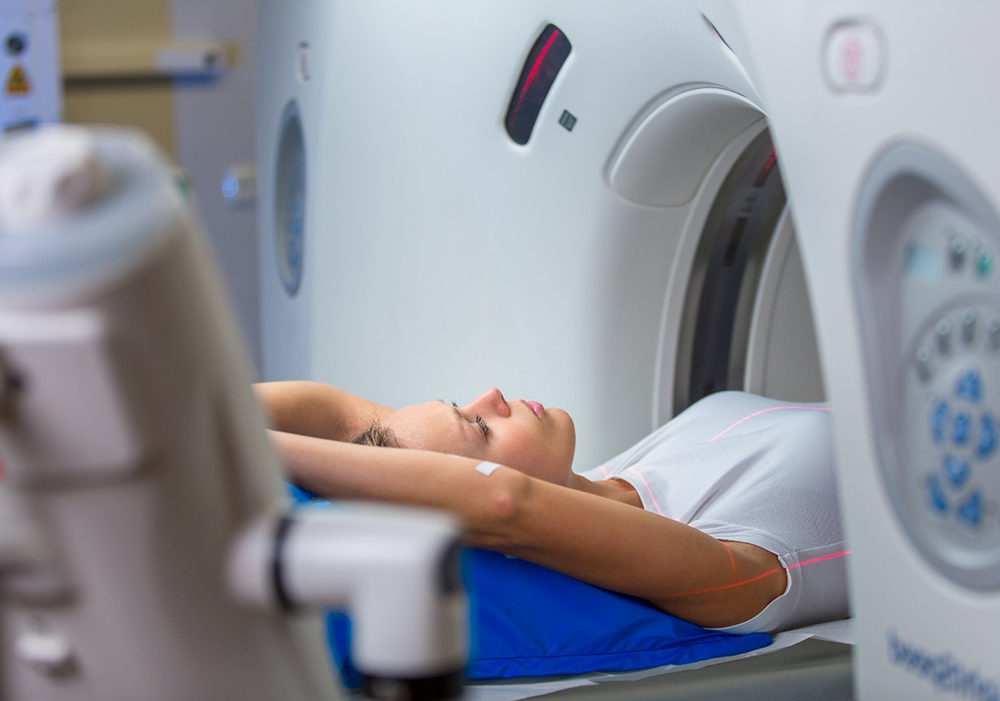Increases in early-stage lung cancer diagnoses with low-dose computed tomography (CT) screening have led to sustained improvements in survival rates more than 20 years later, researchers said while presenting their study findings at the 2022 Radiological Society of North America annual meeting.
From its initiation in 1992 through December 31, 2021, the multi-institutional International Early Lung Cancer Action Program (I-ELCAP) trial enrolled 87,416 current, former, and never smokers aged 40 years and older who adhered to low-dose CT screening for lung cancer. For the current report, the researchers analyzed 20-year Kaplan-Meier lung cancer–specific survival (LCS) for all 1,285 I-ELCAP participants who had been diagnosed with lung cancer.
Overall, the researchers found that LCS was 80% for all participants with lung cancer. When they segmented cancers by consistency, LCS was 100% for 139 participants with nonsolid and 155 with part-solid tumors and 73% for 991 patients with solid tumors. For participants with pathologic stage IA cancers measuring 10 mm or less, LCS was 92%.
“This confirms our previous estimates of lung cancer survival rates and adds further evidence of the high curability of lung cancer diagnosed by screening,” the researchers said. “No lung cancer deaths were identified in part-solid and nonsolid cancers. Consistency is an important predictor of lung cancer survival and should be considered in updated staging criteria.”
As lung cancer survivorship increases and oncology nurses discharge more patients to survivorship care, ONS Voice’s guide to nursing considerations for lung cancer survivorship care can help you develop a comprehensive survivorship care plan and approach to help your patients return to the activities and lifestyle that bring meaning to their world.






